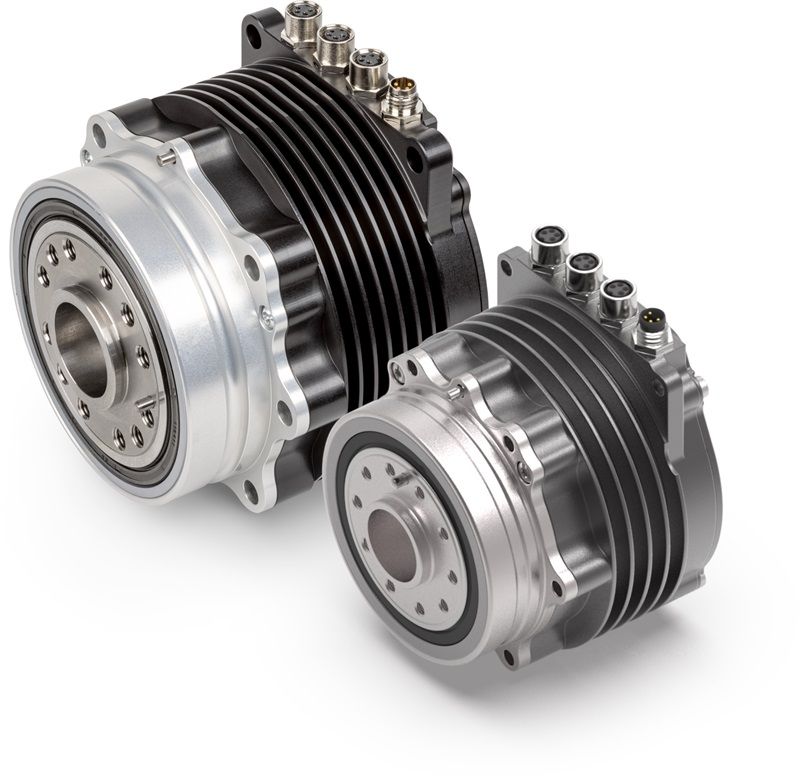Maxon Unveils High Efficiency Joint Drive
A New Actuator for Dynamic Robots
Maxon proudly announce the launch of the High Efficiency Joint (HEJ) Drive 70-48-50, the newest addition to its High Efficiency Robotic Joints portfolio. This advanced actuator sets new standards in torque density and efficiency, catering specifically to autonomous mobile robots operating in unstructured environments such as humanoids, quadrupeds, exoskeletons, or mobile manipulators.
The HEJ 70-48-50 delivers a peak torque of 50 Nm and reaches speeds up to 28 rad/s, all while maintaining a mass just above 1 kg. Its compact design and high torque density make it ideal for mobile manipulation tasks, offering roboticists a powerful yet lightweight solution.
"The HEJ 70 represents a significant leap forward in actuator technology for dynamic robotics," said Stefan Müller, chief technology officer at Maxon. "By combining unmatched efficiency and systems integration with a lightweight and compact design, we're enabling our customers to push the boundaries of what's possible in autonomous mobile robots."
Maxon’s High Efficiency Joints combine torque-dense electric motors, planetary gears, electronics, sensing and support structures into highly compact, IP67-rated and EtherCAT-controlled robotic actuators. Integrated heat sinks and cross-roller bearings facilitate deep systems integration. The control system can be configured flexibly and supports various topologies for impedance control of the joint. While the newly launched HEJ 70-48-50 is well-suited for mobile manipulation or smaller robots, its larger version, the HEJ 90-48-140, targets locomotion or propulsion systems. Key actuator features for autonomous mobile robots are high robustness, low mechanical inertia, good backdriveability, and high efficiency, all of which are addressed by maxon’s High Efficiency Joints platform.
These systems enable roboticists to quickly create high-performing and reliable robots, following modern design principles dictated by deep reinforcement learning and related simulation approaches. Maxon firmly believes that fast-moving robotics companies should focus on their core robotics value drivers and challenges, while maxon handles key complexities typically associated with robotics actuators, such as high performance, reliability, supply chains, integration, and testing. Modern robotics demands highly scalable manufacturing of complex and high-performance robotics actuators, and this is a key competence of Maxon.




